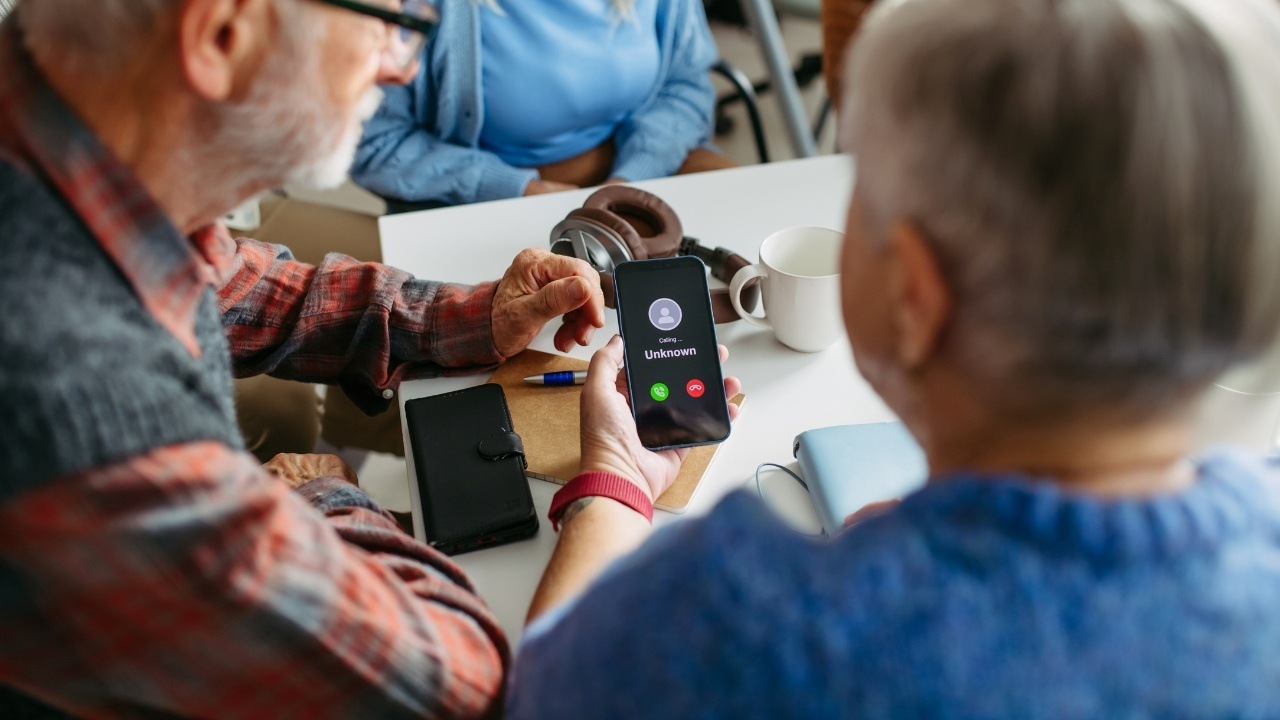.jpg)
New To Credit?
Being new in your credit journey may sound overwhelming at first, but once you understand where to start, it will become an easy path worth taking.
According to the Consumer Financial Protection Bureau, about 26 million people are "credit invisible" in the U.S., meaning they do not have any credit activity with the three national credit reporting companies. Being in this "credit invisible" group may make it harder to receive loans, get approved for low-interest credit cards, or even rent an apartment.
Starting your credit journey can be like the chicken and the egg. When applying for a loan, lenders expect you to have credit, but to have credit, you must have some type of credit reported to the credit reporting companies. Luckily, there are many ways to start establishing your credit.
One of the ways to start establishing credit is by applying for a secured credit card. It is typically easier to get approved for a secured card than a traditional credit card because you secure the card with a deposit, often equal to the credit limit of the card. For example, a secured card with a $300 deposit will have a $300 credit limit. Your credit score is built from the information in your credit reports saved at the three credit reporting companies, so ensure that your financial institution will report your credit activity after starting to use your secured card.
Another way to start establishing credit is by asking a family member or someone you trust with good credit history to add you as an authorized user on their credit card. The financial institution may start reporting the account information and payment history to the credit reporting companies, and that may get you started with establishing credit history and score.
It will take six months to receive a FICO® Score after your financial institution starts reporting the secured credit card or authorized user transactions to the credit reporting companies. FICO® Scores are used by 90% of top lenders in the U.S., so they are the gold standard for creditworthiness.
Once you have established your credit and are no longer "credit invisible", start creating good credit habits by paying all your bills on time, keeping your credit usage much lower than your credit limit, and applying for credit only when needed.
Source: Ficoscore.com




